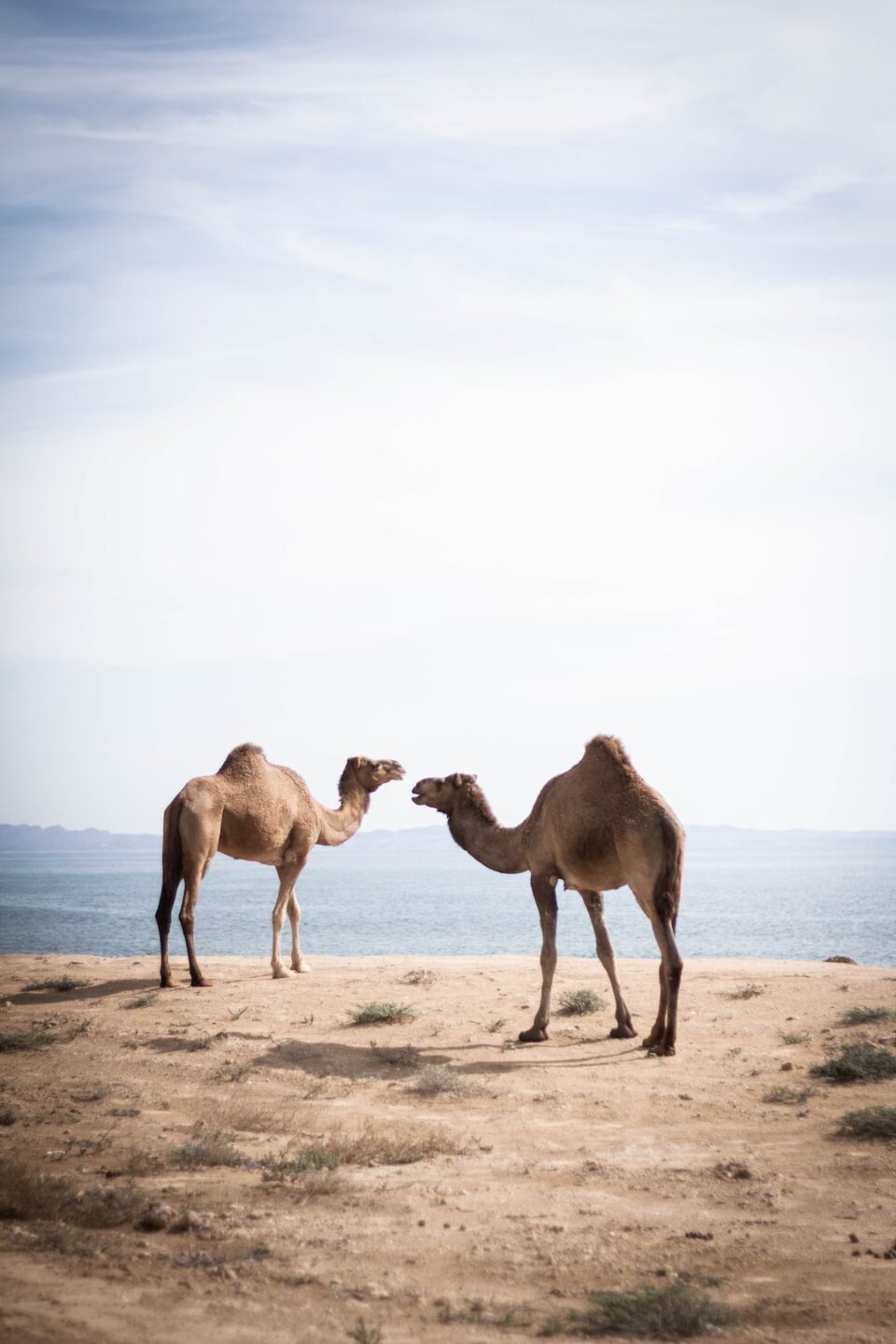Domestication of animals refers to the process of taming and raising animals for human use, such as for food, transportation, and companionship. This process has a long and complex history, dating back thousands of years, and has had tremendous effects on society and the environment.
The history of domestication can be traced back to prehistoric times, when humans began to hunt and gather animals for their own use. Early domestication likely occurred through the selective breeding of wild animals, such as wolves for domesticated dogs, and aurochs for modern cattle. These early domesticated animals provided humans with important resources such as meat, milk, and fur.
As human societies began to develop, so did the practice of domestication. The ancient Egyptians, for example, domesticated cats to control vermin in their homes and granaries. In ancient China, domesticated pigs and chickens were used for food, while horses were used for transportation and agriculture. The domestication of animals played a crucial role in the development of human societies, providing a steady supply of resources and easing the burden of labor.
The effects of domestication on society have been far-reaching. One of the most significant has been the shift from a hunter-gatherer lifestyle to an agricultural one. The domestication of animals allowed humans to settle down and begin farming, leading to the development of permanent settlements and eventually towns and cities. This, in turn, led to the development of civilization as we know it today.
Domestication has also had an impact on the environment. In some cases, the domestication of animals has led to overgrazing and the destruction of natural habitats. This has led to the extinction of animal species and the degradation of ecosystems.
The human-animal bond that has developed through domestication has also had a significant impact on society. Domesticated animals have become important companions and sources of emotional support for many people. They provide loyalty, companionship, and joy, and are often considered members of the family.
Despite the many benefits that domesticated animals provide, there are also downsides. For example, the large-scale industrial farming of animals has led to concerns about animal welfare and the use of antibiotics and hormones in animal feed. There are also concerns about the environmental impact of large-scale animal agriculture, including soil degradation, water pollution, and greenhouse gas emissions.
In conclusion, the domestication of animals has played a significant role in the development of human societies, providing food, companionship, and labor. However, as we continue to rely on domesticated animals for our needs, it is important to consider the environmental and ethical consequences of our actions. By adopting more sustainable and humane practices, we can ensure that domestication continues to benefit both humans and animals for generations to come.


